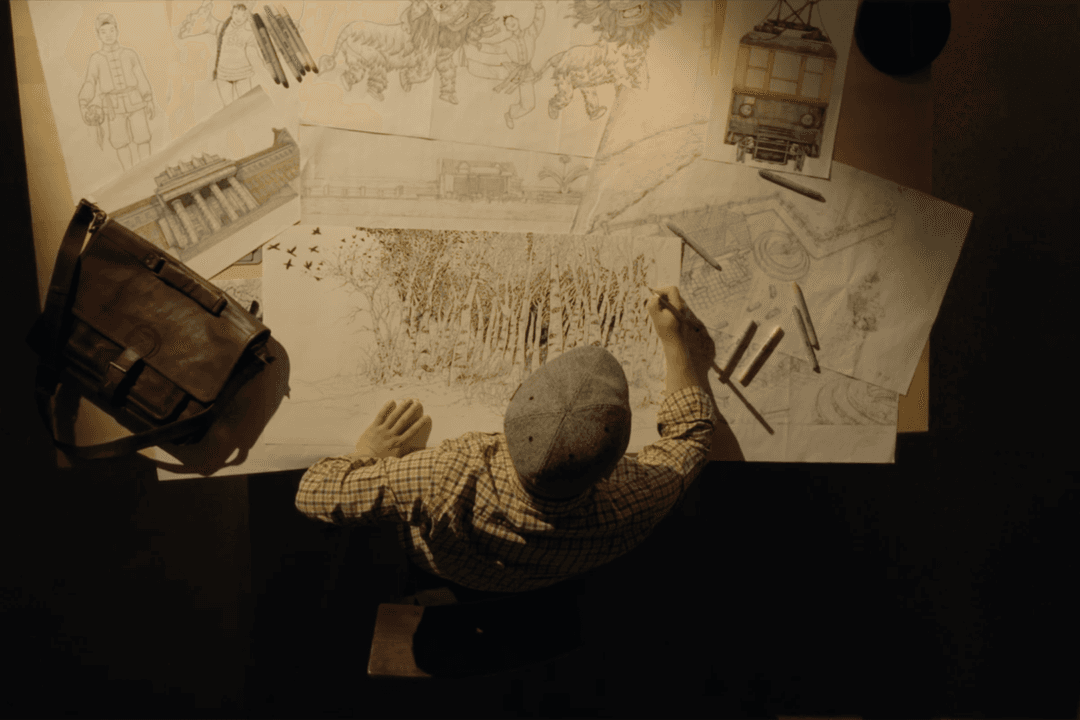International travel restrictions have stifled the World Health Organisation’s (WHO) investigation into the Chinese origins of COVID-19 after health experts have been forced to start the inquiry virtually.
This comes five months after WHO director Tedros Adhanom Ghebreyesus pledged, at the “earliest appropriate moment” he would initiate an independent probe into the origins of the SARS-CoV-2.





